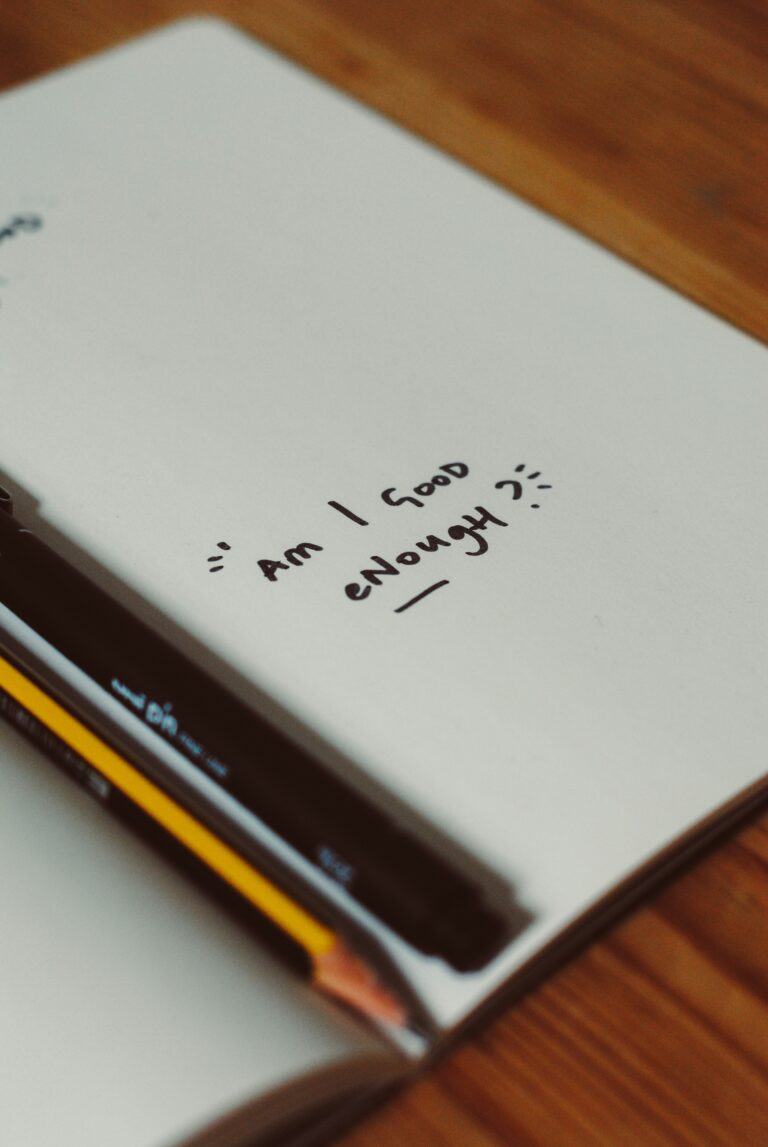
Do you excessively rely on others for validation or self-worth?
Do you go out of your way to please others, even at the expense of your own needs?
Do you struggle to set and maintain healthy boundaries in relationships?
Are you anxious about being rejected or abandoned, leading you to stay in unhealthy relationships?
Do you often prioritize others’ needs over your own well-being?
Do you feel like your emotional state is dependent on others’ actions or opinions?
Do you experience guilt or resentment when you can’t meet others’ expectations?
Do you frequently try to “rescue” or fix other people’s problems, even when it’s not needed or appreciated?
Do you avoid conflicts or difficult conversations to keep the peace, even if it means suppressing your own feelings?
Do you find it hard to say no or assert your own needs, fearing it will upset others?
Do you struggle with low self-esteem and rely on others’ approval to feel good about yourself?
Do you have difficulty distinguishing your own identity from those of your close relationships?
Do you experience frequent ups and downs in relationships due to your dependency patterns?
Are your personal goals and interests often sidelined because you focus more on others’ needs?
Do you feel responsible for other people’s feelings or problems?
Are you constantly seeking reassurance from others to feel secure?
Do you feel overwhelmed by the needs or demands of those close to you?
Do you have a hard time making decisions without input from others?
Do you feel empty or unfulfilled when you’re not actively helping or caring for others?
Do you appear outwardly successful or competent but struggle with internal feelings of inadequacy?
Do you maintain a façade of control or perfection while internally feeling stressed or anxious?
Do you use your achievements or busyness to avoid addressing deeper emotional issues?
Are you highly driven to be needed or essential in your relationships, often to the detriment of your own needs?
Do you find it challenging to prioritize self-care, even when you’re aware of its importance?
Rating Your Responses
0-7 Checked Boxes: Low Indication of Codependency
You may have some tendencies towards codependency, but they do not seem to be significantly affecting your life or relationships. Consider exploring these areas further if you notice any patterns in specific situations.
8-14 Checked Boxes: Moderate Indication of Codependency
You exhibit several signs of codependency that might be impacting your relationships and personal well-being. Reflecting on these patterns and seeking support or strategies to address them could be beneficial.
15-22 Checked Boxes: High Indication of Codependency
Codependency appears to play a significant role in your life. This may be affecting your emotional health and relationships. It might be helpful to seek professional support to work through these patterns and develop healthier relational dynamics.
23-25 Checked Boxes: Strong Indication of Codependency
Codependency is likely a major influence in your life. You may be experiencing considerable challenges related to your relationships, self-esteem, and personal boundaries. Professional therapy could be essential to help you address these issues and create positive change.